-

Progressive nationalism and the fight for Canadian sovereignty
The threat to Canadian sovereignty is real and it demands a renewed analysis and a third wave of progressive nationalism to meet the challenges of the post-globalization era of authoritarian US imperialism. The fight for Canada is the central political issue of our time and it will inevitably unite or divide Canadian labour and social movements.
-
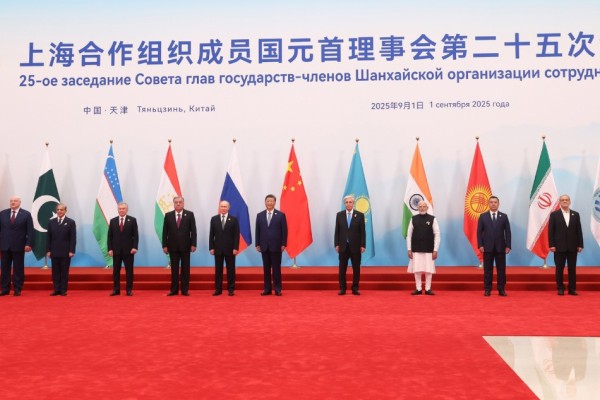
Canada needs diplomacy to reach out to growing economies
Canada faces a critical choice in foreign policy: continue following Europe and the US in militarization, or pursue diplomacy with growing global powers. Yakov M. Rabkin argues that Canada should diversify economic and political ties toward nations like China, India, and Russia, prioritizing dialogue over containment, while safeguarding social programs and democratic debate at home.
-
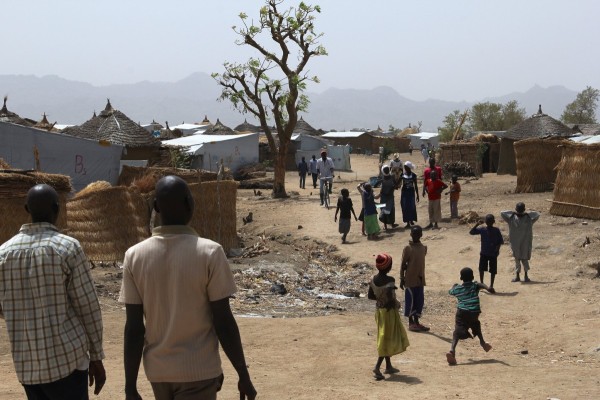
Canada’s peacebuilding in Cameroon risks leaving civilian survivors behind
Canada funds peacebuilding in Cameroon’s Boko Haram-affected region, but programs often prioritize ex-fighters over civilian survivors. This creates resentment, widens divides, and overlooks women’s resilience. True peace requires survivor-centred justice, and recognition of harm—not just reintegration metrics. Without this, trust and recovery remain fragile.
-
_600_400_90_s_c1.jpg)
The changing tide of public opinion threatens Israel’s crumbling legitimacy
Public opinion across the West is shifting decisively against Israel as polls show growing recognition of its campaign in Gaza as genocide. Once dismissed as fringe, sympathy for Palestinians is now mainstream. This historic turn raises questions about Israel’s future legitimacy—and whether changing sentiment can reshape entrenched policy.
-

On Gaza, Canada’s public broadcaster betrays its mandate
By refusing to deliver accurate, comprehensive, and contextually rich reporting on Israel’s assault, Canada’s public broadcaster, the CBC, has denied Canadians the information they need to act on conscience and to pressure their government to help end the savagery. In effect, the CBC has made Canadians complicit in genocide.
-

Oh Canada, where art thou?
Canada once stood apart by challenging apartheid and asserting an independent foreign policy, even against US pressure. Now, as Washington sanctions Canadian ICC judge Kimberly Prost for pursuing Israeli war crimes cases, Ottawa stays silent. Once a supporter of international justice, Canada appears to prioritize trade and diplomacy over moral leadership.
-
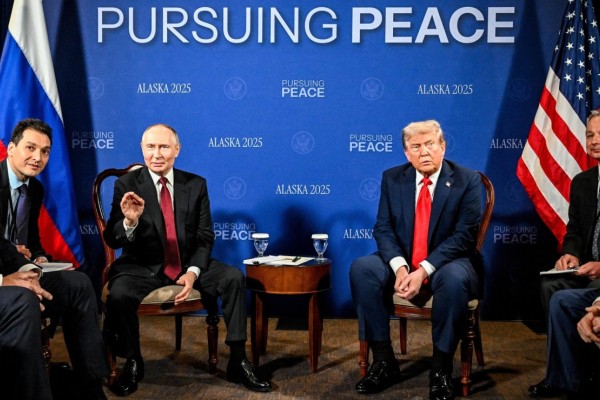
Squaring an impossible circle of peace and insecurity in Ukraine
Despite a flurry of diplomacy, peace in Ukraine remains elusive. Trump’s shift toward talks-before-ceasefire has deepened divisions with Zelensky and Europe, while Russia and Ukraine remain locked in irreconcilable demands. Each side’s security guarantees translate into insecurity for the other, leaving negotiations stalled and the war grinding on.
-

Summertime in the age of upheaval
The aging leaders now ruling in Washington and Moscow have abandoned their responsibility to future generations. They are enthralled to their own visions of restoring past glory. They are men whose time has passed yet refuse to yield. In failing to grasp the earthly dangers of our time, they have endangered not only their own people but us all.
-
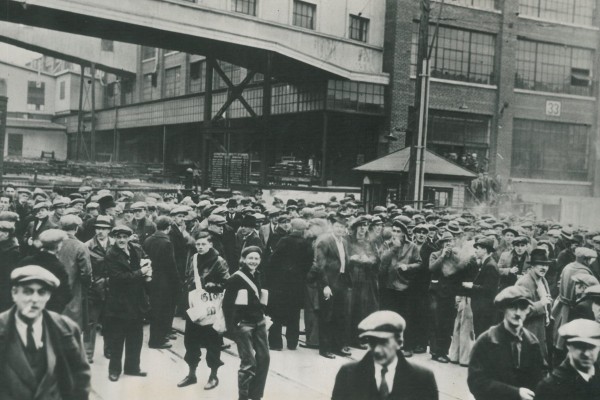
Class struggle unionism, auto workers, Reds, and the 1930s
The 1937 Oshawa GM strike shows how militant industrial unionism, radical leadership, and rank-and-file solidarity transformed working conditions and built lasting power for labour. Set against economic crisis and rising fascism, these struggles offer urgent lessons for rebuilding a fighting workers’ movement in today’s turbulent climate.
-
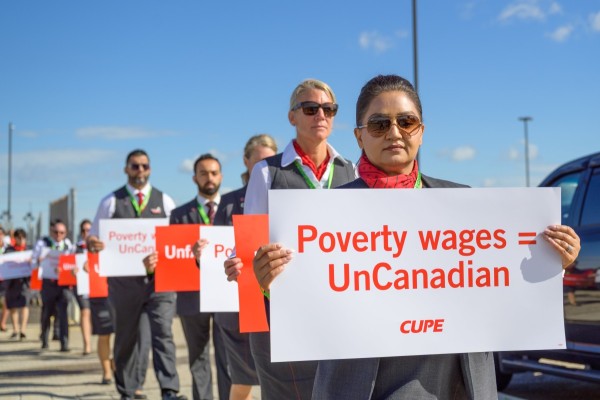
Air Canada and the erosion of collective bargaining
The Air Canada strike has has exposed how corporations manipulate government intervention to sidestep fair bargaining. With flight attendants underpaid, passengers stranded, and Ottawa stepping in, the dispute shows how workers’ rights erode when companies stall negotiations, betting the state will force employees back to work.



